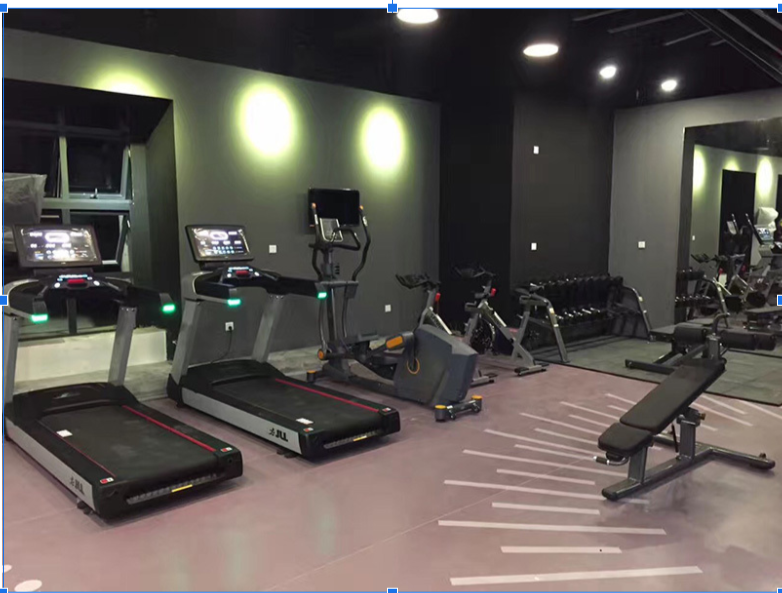The fitness industry has experienced substantial growth, driven by an increasing focus on health and wellness. For suppliers and retailers, this presents a lucrative opportunity to capitalize on the demand for workout equipment. Wholesale workout equipment offers numerous advantages, from enhancing product offerings to improving profit margins and building strong supplier relationships. This blog explores the strategic benefits of wholesale workout equipment and provides insights into how retailers can leverage it to drive business success.
High-quality and various choices help stores establish themselves as significant players in the exercise equipment industry and draw a large clientele. Providing a broad spectrum of wholesale workout equipment—free weights, resistance bands, cardio machines—allows stores to meet a variety of fitness needs. High-quality and diverse choices help stores establish themselves as significant players in the fitness equipment industry and draw a large consumer base.
Wholesale Workout Equipment: Creating Close Relationships with Suppliers
Retailers overseeing wholesale fitness equipment depend on strong supplier connections. Consistent product availability, reasonable prices, and access to new product lines are offerings of dependable suppliers. Maintaining good rapport with suppliers can guarantee prompt delivery and favorable conditions for large orders.
To properly control inventory and handle supply chain issues, retailers should prioritize clear communication and supplier engagement. Long-term supplier relationships allow us to maintain inventory current with the newest exercise equipment developments and provide priority access to highly sought-after items. Excellent supplier ties help stores offer their clients premium wholesale fitness equipment and enable a flawless supply chain.
Retailers managing wholesale gym equipment must have effective inventory control. Effective inventory control guarantees that items are on hand when required, therefore reducing the possibility of stockouts or surplus. By tracking sales, demand projections, and stock levels, inventory management systems help stores maximize their products and increase operational effectiveness.
When deciding what to stock, retailers should also take seasonal patterns and market swings into account. For example, higher demand for exercise gear during the summer or the New Year might call for changes in inventory levels. Retailers may decide on inventory and guarantee that wholesale fitness equipment fits consumer demand by examining market trends and sales statistics.
Wholesale Workout Equipment: Positioning to Lead Markets
Being a top wholesale exercise equipment seller calls for a calculated strategy in a competitive fitness industry. Retailers should concentrate on providing first-rate customer service, preserving excellent product quality, and providing an extensive range of equipment. Achieving market leadership mostly depends on developing strong brand recognition and establishing a presence in important market areas.
Additionally, helping to draw company prospects is running focused marketing campaigns that stress knowledge of wholesale fitness equipment. Presenting market insights, success stories, and product expertise helps establish credibility and attract customers looking for dependable exercise solutions. Presenting yourself as a market specialist increases industry visibility and stimulates development.
Conclusion
For suppliers and stores trying to boost product offers, increase profitability, and create close ties amongst themselves, wholesale exercise equipment has several advantages. Retailers may use wholesale exercise equipment to reach commercial success by matching with fitness trends, fulfilling market demand, and using efficient inventory and pricing policies. In a dynamic and changing fitness industry, investing in wholesale exercise equipment is a calculated action with long-term benefits.






